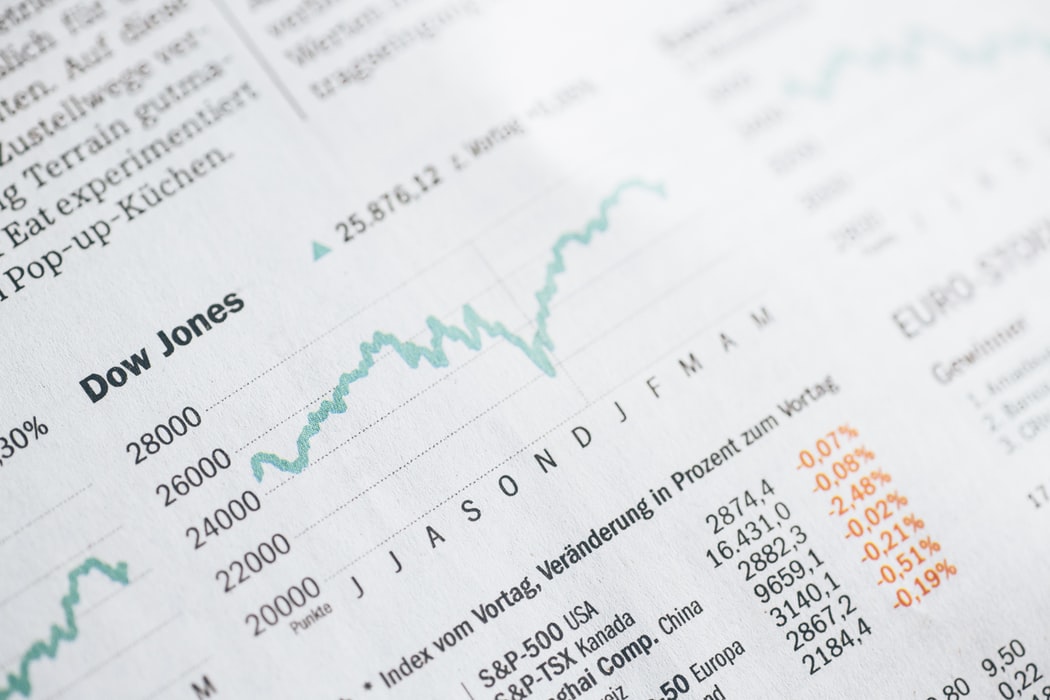Publicly traded companies frequently buy their own shares on the open market. A public company initially sells shares on the open market to raise capital, build awareness of the business, and to use as currency to buy other companies or compensate employees. When a company uses excess cash to repurchase its own shares, it can also be called a share buyback, stock buyback, or a share repurchase program. A buyback occurs when the issuing company pays shareholders the market value of the stock per share and re-absorbs that portion of its ownership that was previously owned by public investors.
For many years, the payment of quarterly dividends was the primary way to for public companies to return net profits and excess cash to shareholders. In the past few decades, however, share buybacks have been a more popular way to spend extra cash. Smaller companies may choose to buy back their own shares, but large companies are much more likely to do so because of the cost involved.
Why would a company buy back its own shares? There are three main reasons. It reduces the number of shares outstanding, returns cash to shareholders in a tax-efficient manner, and takes advantage of a perceived undervaluation of the shares in the market.
It is beneficial to the shareholders if the number of shares outstanding is reduced. Let’s say you and two equal partners all owned a business that had a market value of $1 million. As there are three equal owners, each share of the business is worth one-third of the total value, or $333,333. If the business had extra cash and one of the shareholders wanted to sell his stake, then the company could use $333,333 of cash to buy the share of the selling shareholder. After the share buyback, there would then be only two shareholders. Each owner’s stake would be one half of the ownership, and each remaining share would now be worth $500,000. By buying back the share of the third owner, the remaining shareholders’ stakes in the business are then worth considerably more.
A company will repurchase shares of its own stock if it feels that the value of the shares is undervalued in the market. Undervaluation can occur for many reasons. It is often due to investors’ inabilities to see past a business’ short-term performance, a negative news story, or a generally bearish market sentiment. If a stock is dramatically undervalued, the issuing company can repurchase some of its shares at this reduced price and then re-issue them once the market has corrected, thereby buying the shares at a low price and selling them later at a higher price.
Share buybacks are also a more tax-efficient way to deliver cash to shareholders. A company earns a profit and then pays taxes to the government on those profits. The cash left over after paying taxes can be used to pay dividends, but then the money is taxed again at the individual level. That’s because the shareholder that receives the dividend payment must pay income tax on that payment also. While dividend tax rates for individuals are lower than regular, earned-income tax rates, the payment still has the effect of being double-taxed, once at the corporate level and once at the individual level. Share buybacks, however, have the effect of increasing the wealth of the remaining shareholders, but that wealth is not taxed until the shares are sold. Therefore, share buybacks are a more tax efficient way of transferring cash to shareholders.
In addition to tax-efficiency, share buybacks are favored over dividends for corporate flexibility reasons. Dividend payments are appreciated and a useful way to send cash to shareholders, but a dividend payment is usually paid at a set rate each quarter and is permanent. If the economy slows or falls into recession, then the company may be forced to cut its regular dividend payment to preserve cash, and this payout reduction would not be a popular idea with shareholders.
A dividend cut would also signal to the market that the company has significant problems. Cutting the dividend is usually the last thing that a company would do to cut costs and preserve cash. Committing to dividend payouts with steady increases could certainly drive a company’s stock higher, but the dividend strategy can be a double-edged sword for a company. In the event of a recession, share buybacks can be decreased more easily than dividends, and they have a far less negative impact on the stock price.
Share repurchase programs should continue to be a popular way for public companies to return excess cash to shareholders. Share buybacks also have the added value of taking idle cash on a company’s balance sheet and injecting it into the market in support of other financial asset prices. The cash that a company spends to purchase its own shares is then transferred to the seller of the shares, and is then reinvested in other stocks, bonds, or other securities.



